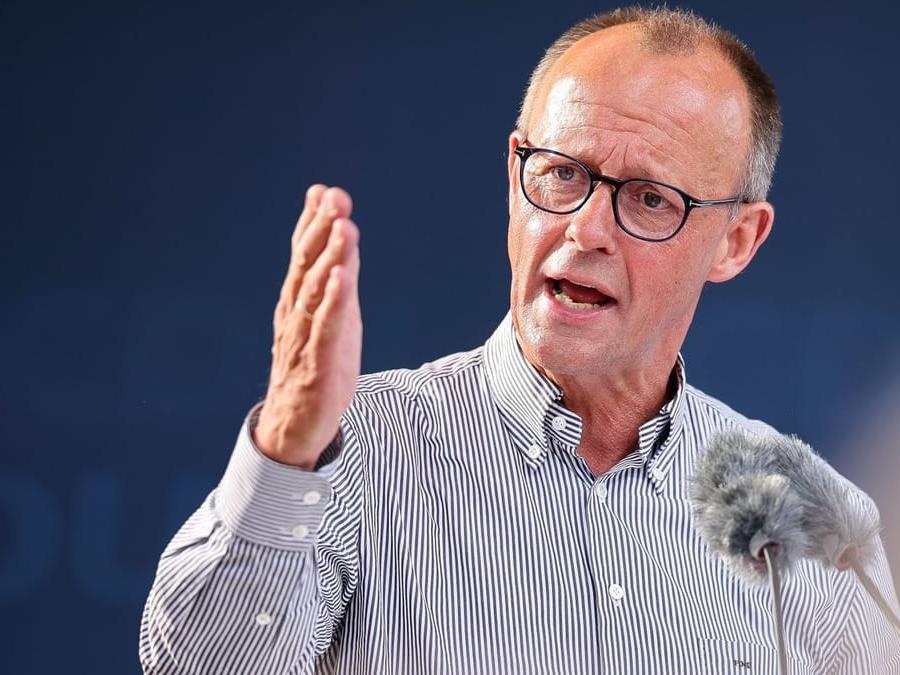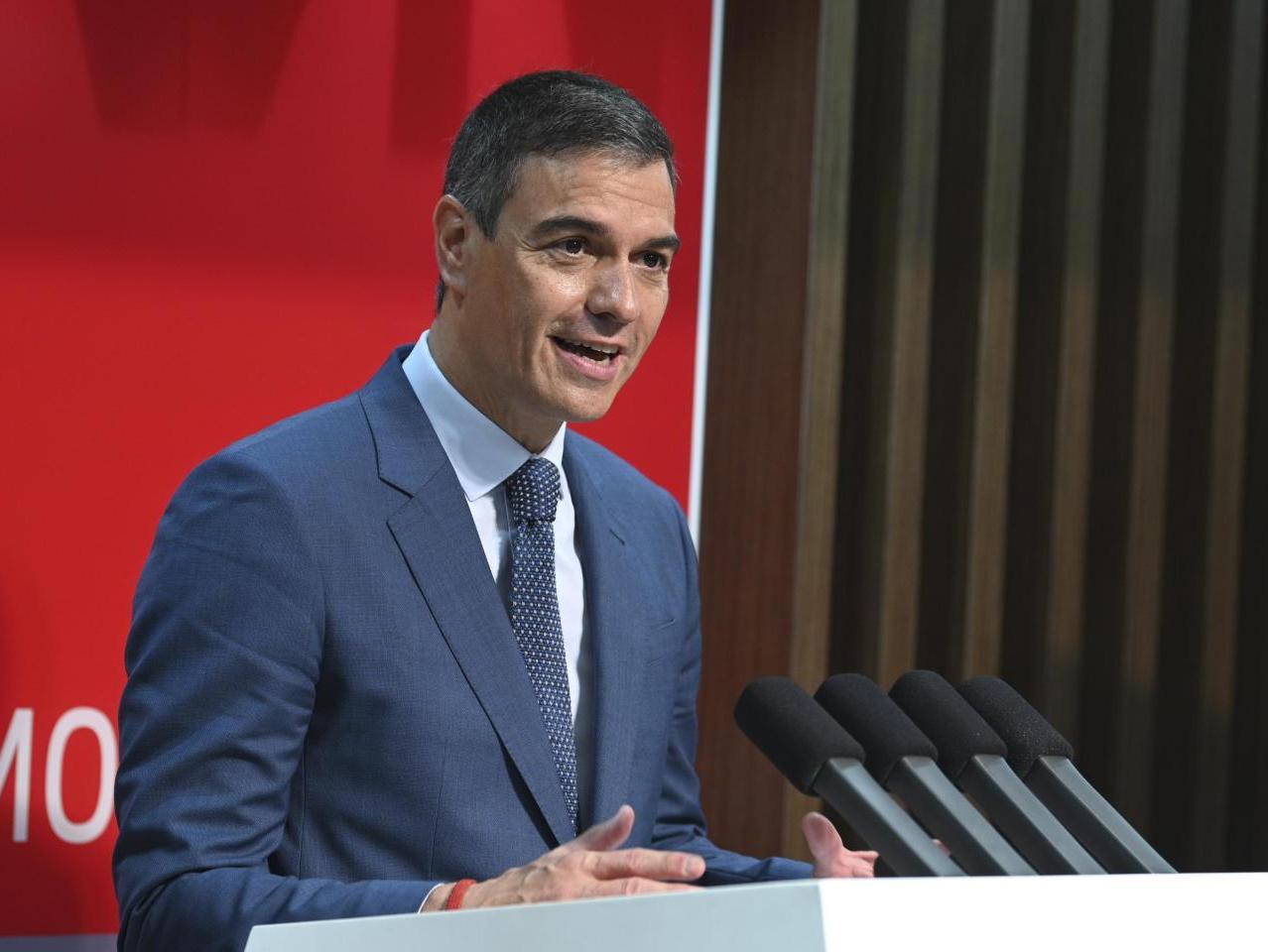German Chancellor Olaf Scholz has announced plans to tighten knife laws and accelerate deportations following a deadly attack in Solingen that left three people dead and eight injured. The attack, carried out by a 26-year-old Syrian refugee whose asylum application had been rejected, has reignited fierce debates on immigration and security policies in Germany.In a significant development, the Islamic State (IS) has claimed responsibility for the attack, describing it as retaliation for the deaths of Muslims in Palestine and elsewhere. This claim has heightened concerns about the threat of Islamist terrorism in Germany.Scholz, who visited Solingen to pay respects to the victims, condemned the attack as ‘terrorism against us all’ and vowed to take decisive action. ‘We will do everything possible to ensure the removal of those who do not have the right to be on German territory,’ Scholz stated, noting that recent laws have expanded the possibilities for deporting undocumented immigrants.The incident has intensified political tensions ahead of upcoming regional elections in Saxony and Thuringia, where far-right parties are expected to make significant gains. Opposition leaders are calling for stricter measures, with CDU leader Friedrich Merz proposing a moratorium on asylum seekers from Syria and Afghanistan. However, experts warn that such proposals may not be legally feasible under German and European Union law.The attack has also sparked a debate about the effectiveness of Germany’s deportation procedures. Interior Minister Nancy Faeser has placed responsibility for deportations on the states, stating that the federal government has already created comprehensive legal foundations for more deportations. However, critics argue that the current system is ineffective, with many deportations failing due to various reasons.As the political debate continues, there are growing calls for a more nuanced approach to addressing the root causes of radicalization, including efforts to counter online extremism and improve social integration. The incident serves as a stark reminder of the complex challenges facing Germany as it seeks to balance public safety concerns with humanitarian principles in its immigration policies.
Key points
- Chancellor Scholz vows to tighten knife laws and accelerate deportations following the Solingen attack.
- The Islamic State (IS) claims responsibility for the attack, describing it as retaliation for Muslim deaths.
- Opposition leaders call for stricter immigration measures, including suspending asylum applications from Syria and Afghanistan.
- The incident has intensified political tensions ahead of upcoming regional elections.
Contradictions👾While Scholz promises to accelerate deportations, critics argue that the current deportation system is ineffective.
👾CDU leader Friedrich Merz proposes suspending asylum applications from Syria and Afghanistan, but experts warn this may not be legally feasible under German and EU law.



